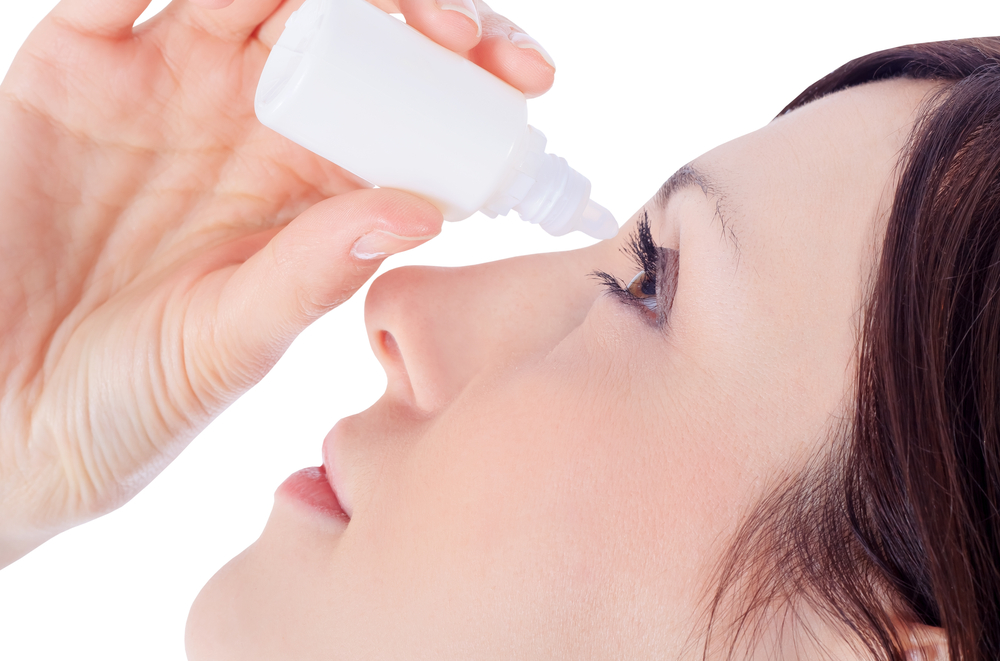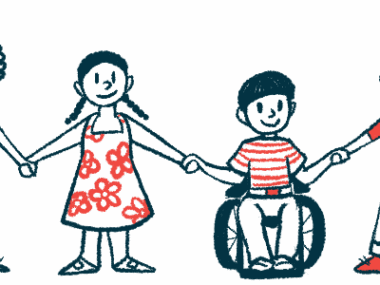Wize Pharma Gets Green Light to Start Phase 4 Trial of Eye Drops in Sjogren’s Patients
Written by |

The protocol of a Phase 4 trial testing Wize Pharma‘s LO2A eye drops for the treatment of dry eye symptoms in Sjogren’s syndrome patients has received regulatory approval.
Clearance from the Institutional Review Board (IRB) means the study is now allowed to start.
The double-blind trial (NCT03319420), to be conducted in Israel, will analyze the effectiveness and safety of LO2A to improve dry eye syndrome (DES) in 60 adult Sjogren’s patients.
Investigators will randomly assign patients to either LO2A or Alcon’s Systane Ultra UD, eye drops sold over-the-counter to relieve dry eyes. The eye drops will be applied over three months.
Wize is pursuing clinical approval of LO2A for the treatment of dry eye syndrome in Sjogren’s patients in Israel, the U.S., China, and Ukraine. The Israel-based company expects to start recruiting patients in the first quarter of 2018.
But the trial’s initiation depends on Wize’s ability to obtain sufficient funds. A press release from Wise Pharma states: “The commencement of such [a] study is contingent upon Wize’s ability to either raise capital or debt.”
LO2A is currently approved to treat dry eye syndrome in Israel, where sales are expected to start in 2018.
“IRB approval marks an important milestone in our clinical development program of LO2A for the treatment of DES in Sjögren’s patients,” said Ron Mayron, Wize’s chairman.
“We look forward to commencing our [Phase 4] study, aiming to advance towards regulatory approvals for treatment of patients suffering from DES and Sjögren’s in multiple markets where the formula is not yet available, including eventually the United States,” he said.
Mayron added that treatment with LO2A was shown to be effective in the relief of dry eyes in Sjogren’s patients in a clinical trial in Hungary, and has already been approved for this indication in the Netherlands.
The company is also conducting a Phase 2, double-blind study (NCT02804191) evaluating LO2A to treat DES in patients with conjunctivochalasis, a common type of degradation of the eye surface.
That trial is also being conducted in Israel, and is currently recruiting participants. More information is available here. Wize anticipates the completion of patient enrollment in the second quarter of 2018.
Sjogren’s currently affects up to 4 million patients in the U.S., primarily middle-aged women. The condition is one of the causes of decreased tear production in DES.
Due to insufficient tear production, patients with DES and Sjogren’s have impaired function of the tear film, which normally protects the eye surface. This causes increased friction that damages the integrity of eye’s corneal and conjunctival surface.





